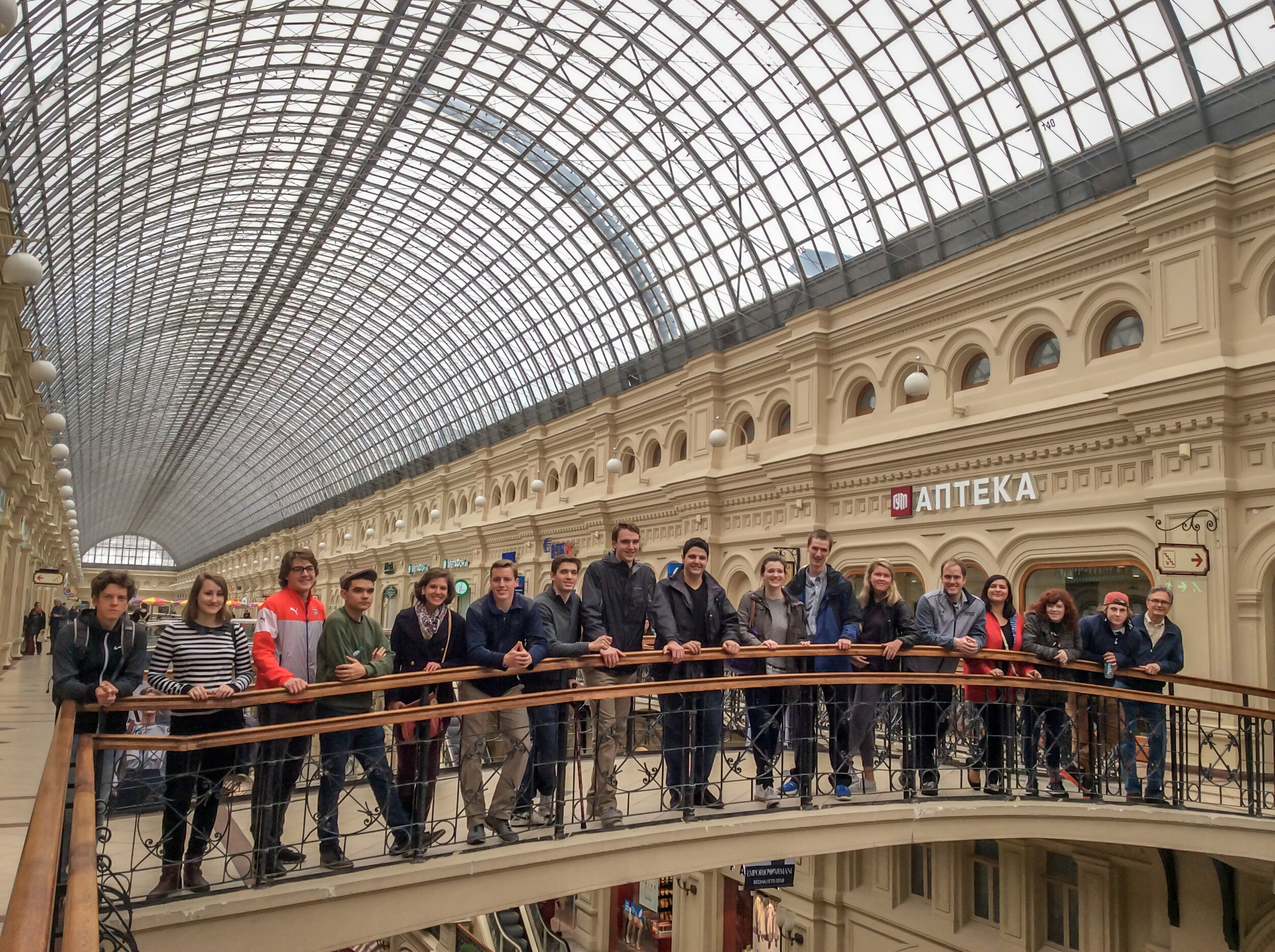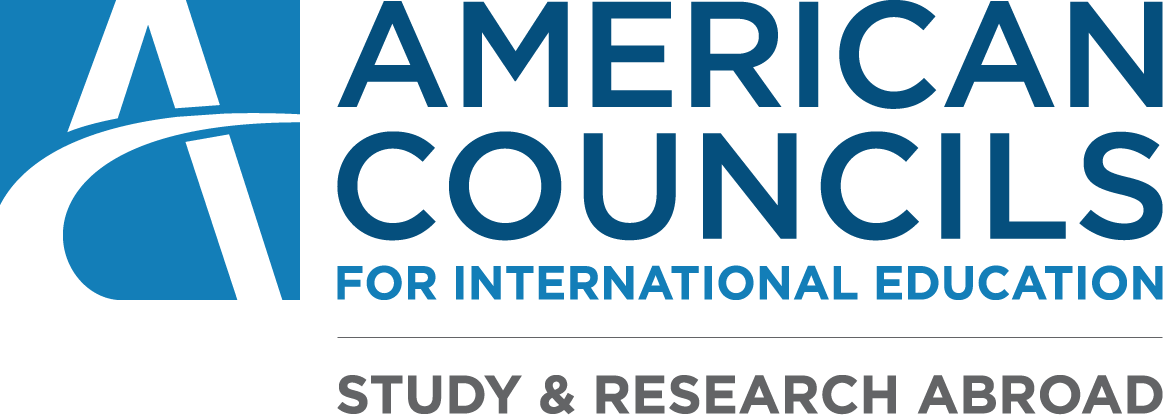
GETTING STARTED
Academic Credit
Our programs offer U.S. undergraduate and graduate academic credit.
Academic Credit and Grades
Academic credit for work completed on American Councils programs is issued by Bryn Mawr College, an institutional member of American Councils. At the end of each summer or semester program, final grades assigned by host country faculty are transferred into graduate or undergraduate credit through the Bryn Mawr College 4.0 scale. All grades are reviewed by the AC Study and Research Abroad Program Manager and the American Councils Senior Academic Advisor for accuracy.
For a semester program, participants usually receive the equivalency of 16 undergraduate or 15 graduate credit hours. For a summer program, participants usually receive the equivalency of 8 undergraduate or 10 graduate credit hours. For information on specific course numbers and titles, please refer to each program’s information section on this website. Grades typically become available in the Bryn Mawr College system eight to twelve weeks after program conclusion.
Program participants are responsible for arranging credit transfer to their home institution in compliance with their home institution’s regulations. These arrangements should be made with study abroad or registrar offices before the program start date to ensure timely transfer of academic credit at the end of program.
To receive academic credit, participants must complete their study hours, language courses, research and any other program requirements including, but not limited to, pre- and post-program assessment. Bryn Mawr College will hold grades until all requirements are met.
Once grades are ready for release, participants receive a direct email message from Bryn Mawr College with information and instructions on the transcript portal. Participants are then able to create logins and order electronic or paper transcripts on their own. The first time a student logs in to the Bryn Mawr College transcript portal, their enrollment and personal data will be verified. This authentication process usually takes one or two business days. After the authentication process is complete, Bryn Mawr College begins processing the transcript request.
Electronic transcript requests are processed within one business day. Paper transcript requests are mailed within three business days. There is no limit on the number of transcripts that a student can request. Learn more about requesting a copy of your transcripts.
